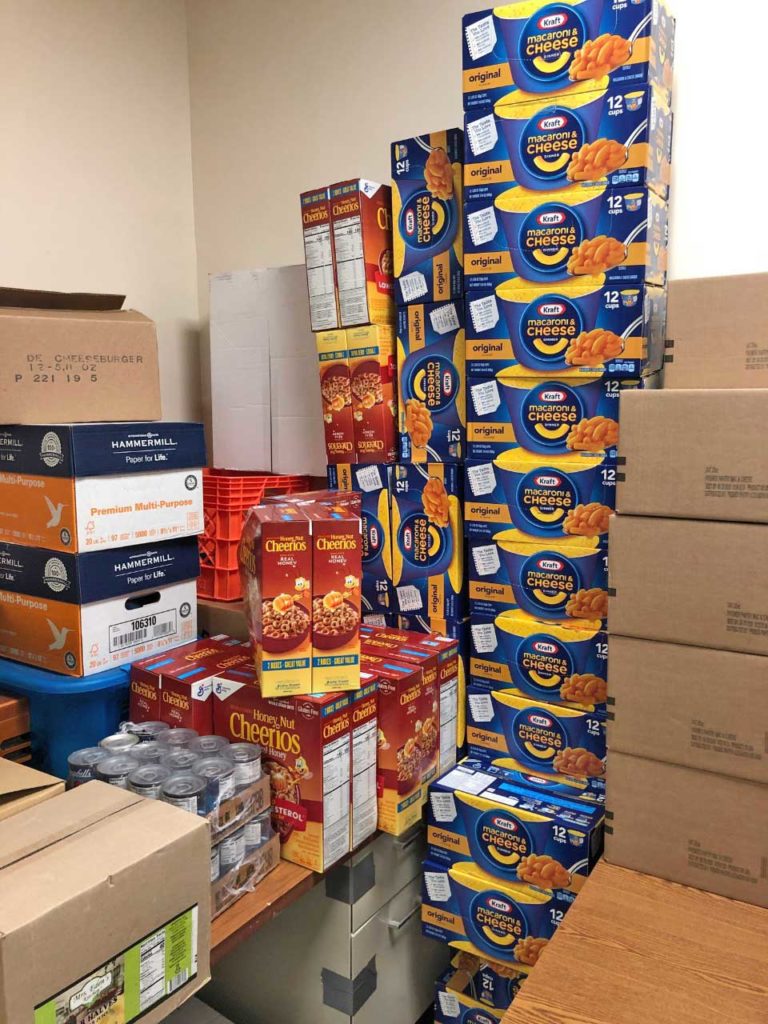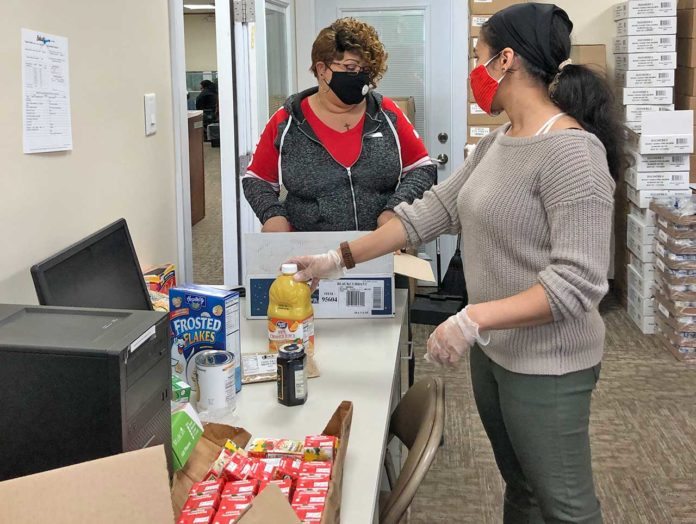A handful of Philadelphia-area organizations that serve LGBTQ communities were among dozens of local nonprofits that received grants from the PHL COVID-19 Fund, a joint effort among the City of Philadelphia, Philadelphia Foundation and United Way of Greater Philadelphia and Southern New Jersey. Bebashi Transition to Hope, Norris Square Neighborhood Project, Philadelphia FIGHT, Prevention Point Philadelphia, Valley Youth House Committee, Inc. and William Way LGBT Community Center were among the grantees.
The PHL COVID-19 Fund administers financial aid to nonprofit organizations serving communities that have been most negatively impacted by the pandemic.

“We have never known a time more important than now to come together to marshal the muscle and means that reside throughout our region in response to the national emergency that is ferociously challenging all of us,” Philadelphia Foundation CEO Pedro Ramos, said in a press release on philafound.org. “Supporting the nonprofit organizations serving on the frontlines of our communities is vital to immediately provide assistance to our most vulnerable neighbors who are at risk and have the greatest needs.”
Bebashi’s grant money will go toward its FoodFirst Pantry, pharmacy program, food deliveries and the dissemination of toiletries and feminine hygiene products, Bebashi Executive Director Gary J. Bell told PGN. Its pantry continues to remain open all day to maximize use and avoid crowds. Grant funds will also go toward personal protective equipment (PPE) for staff and individuals making in-person use of the organization’s services.
“I think the biggest thing is that we are just getting more referrals,” Bell said. Bebashi’s resource navigation program is designed to connect folks who make use of the pantry with other resources, such as housing, employment and whatever else they may need. “We’ll find more folks who are coming to the pantry, [and] there are more and more of those other needs too,” Bell added.
Bell also commented on the dearth of funding and resources for marginalized communities before the pandemic hit, particularly for Black and Brown LGBTQ youth. “They’re one of the communities that are very vulnerable to these kinds of changes,” he said. “We’re seeing a greater need for that population simply because many of the things that some of them would do to make ends meet are gone. “[We’re finding] our navigators really scrambling to help that population in particular, because they’re already marginalized and now they’re struggling even more.”
The team at William Way has been doing everything it can to keep providing services to the community as the health crisis continues. “We’ve been showing what it means to have a community center be open when our doors are closed,” said Chris Bartlett, executive director of William Way. “We’ve been doing work with our seniors at John C. Anderson delivering food and supplies, we’ve been working with the broader community of seniors at William Way providing online forums for them.”
The center has been maintaining a variety of virtual programming, including the biweekly Zoom program Queering the Quarantine –– information sessions that educate listeners on different aspects of LGBTQ history and culture. The William Way team also launched a state-wide LGBTQ leadership phone call that takes place weekdays at 5 p.m., co-sponsored last weekend’s virtual Phreak N’ Queer festival and has been providing free Zoom accounts for anyone who needs to meet with community groups or even just connect with friends, Bartlett said.
“There’s been a huge demand for that –– just dozens and dozens of groups using our Zoom lines each week,” Bartlett said. “To me, that’s one of the most important services we’ve been providing.”
The staff at Valley Youth House have also been grateful to receive a grant during this precarious time. The organization has been using its grand funds largely for its Rapid Rehousing programs, “which are seeing some of the biggest impact,” said Joe Lynch, Vice President of Development and Marketing for Valley Youth House.
“The real benefit to this funding is that it is unrestricted,” Lynch said. “It’s saying, ‘Listen, we understand there’s needs and they’re going to differ as the situation evolves.’ And I think that’s pretty great.”
Prevention Point Philadelphia (PPP) is a nonprofit public health and social services organization that provides a host of services to marginalized communities, including harm reduction services, HIV and HCV testing and shelter services, to name a few.
The organization has been using its grant money to continue its medical services, including PrEP and Hepatitis C treatment, its Syringe Services Program and other harm reduction services, as well as for PPE, medical supplies and food for community members in need, Clayton Ruley told PGN. Ruley serves as PPP’s director of community engagement and volunteer services.
“We feel very honored,” Ruley said. “We are an organization that dedicates our services to those who are marginalized, stigmatized and in need of any support we can give. We aim to use the grant in a way that’s going to benefit the communities that we work with.”
Although PPP has had to reduce roughly 80% of its services since the start of the pandemic, its physical location remains open for staff and community members in need, with heightened safety precautions. “It’s certainly a challenge, but we have a really dedicated team and leadership,” Ruley added. “Our staff has been amazing and coming in despite the risk that they face knowing that they’re helping those who seriously need it.”
